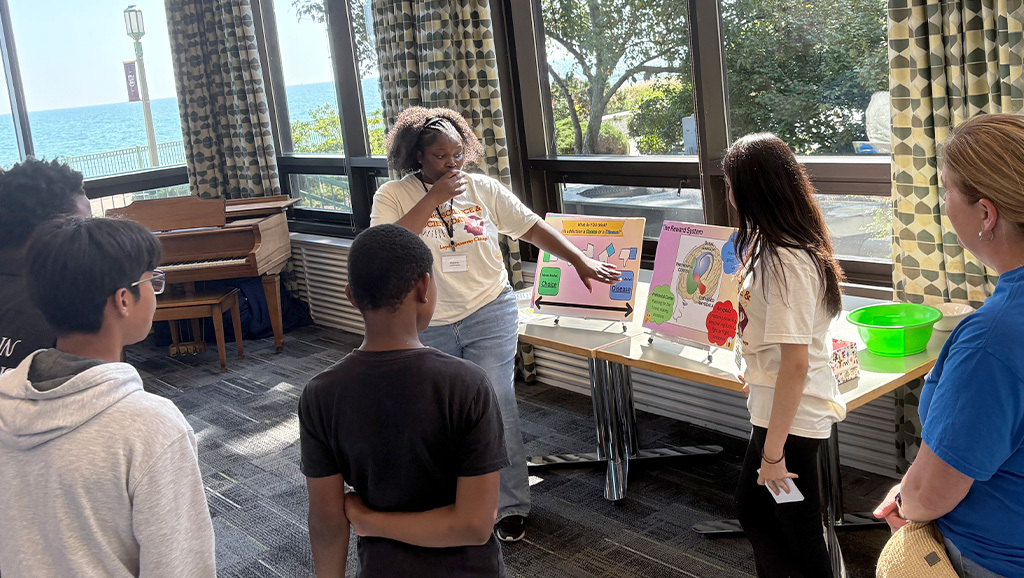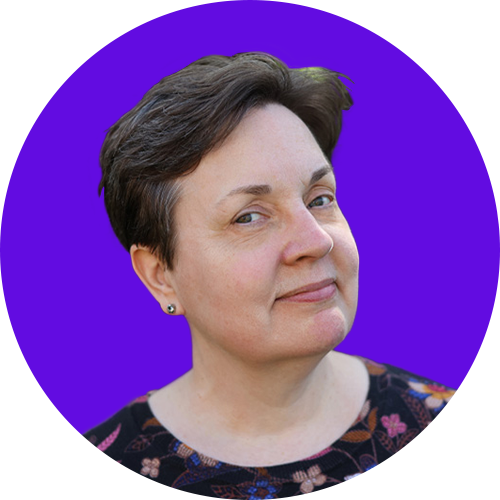News & Insights
Emma Yhnell Receives 2024 SfN Science Educator Award
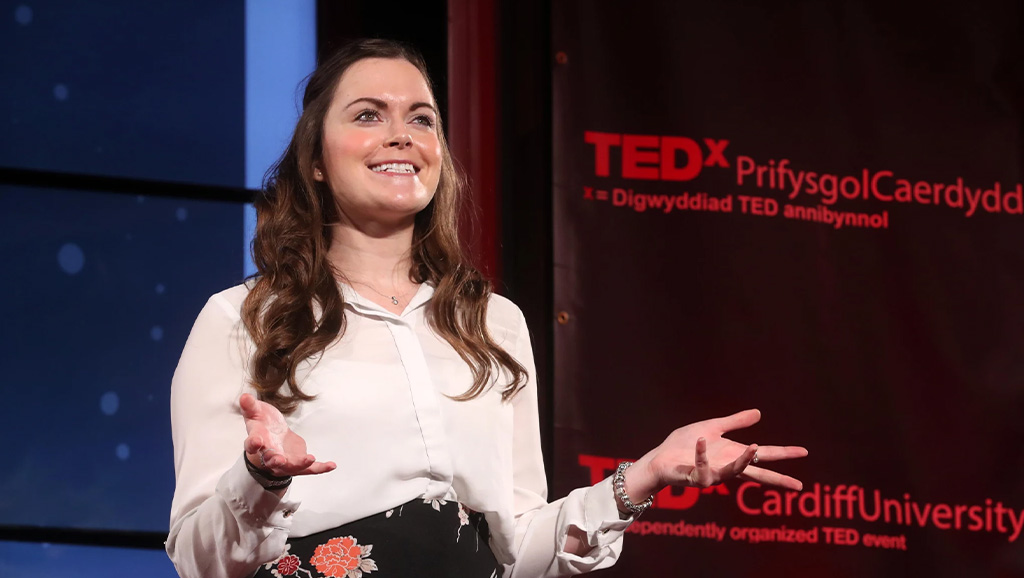
Each year, the Society for Neuroscience honors exemplary scientists who have significantly contributed to advancing public education and awareness about neuroscience. With support from the Dana Foundation, these awards celebrate efforts to engage diverse audiences with cutting-edge science.
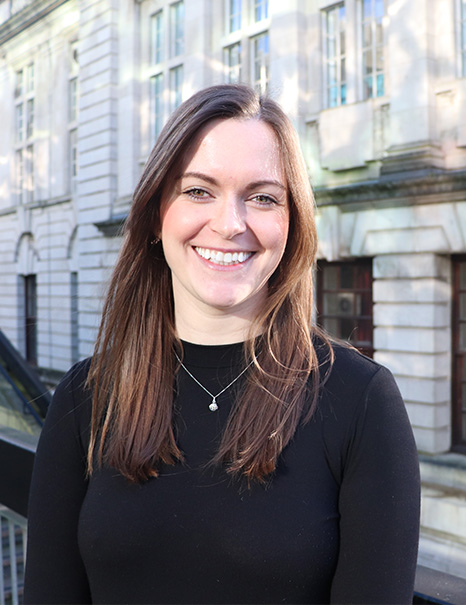

Emma Yhnell, Ph.D.
This year, one of two Science Educator Awards was presented to Emma Yhnell, Ph.D., a multi-award-winning educator at Cardiff University. (See our chat with the other awardee, Theanne Griffith, Ph.D.)
Yhnell is committed to making science more entertaining, inclusive, and accessible through her work in public engagement and education. As a first-generation academic with experience in biochemistry, behavioral neuroscience, and clinical trials, she uses her expertise to inspire and change the perceptions of audiences who might feel disconnected from science.
Yhnell’s dynamic communication skills have made her a popular figure in science outreach, from delivering content at international events to hosting accessible, interactive sessions in her community. She’s been a guest on “Exploring by the Seat of Your Pants,” a YouTube series shown in classrooms for grades K-8; a lecturer for adults during the Hay Festival and the Cheltenham Festival; a host for BBC Radio Wales; as well as co-hosting her own YouTube series, “Going Live with Global Science.” In March 2016, Yhnell spoke to members of the U.K. Parliament in Westminster on the potential of using games to train the brain.
Q: What inspired your dedication to public engagement and science communication alongside your academic career?
Yhnell: I feel really passionate about public engagement and science communication and embedding these into a career, rather than done alongside a career. I was inspired to work in this area after listening to patients in a Huntington’s disease research clinic who were trying to access information but couldn’t because it was written in academic language—which was impossible for them to understand.
What is most satisfying about engaging diverse audiences through your speeches and interactive sessions? What was most surprising or eye-opening?
I love that delivering these activities provides an exceptional opportunity to inspire the audience, to change their outlook, and to get them to think differently—that is a real privilege.
The thing I’ve found most surprising is how scared some people are of science. They think it isn’t for them or will be too difficult for them to understand, and therefore, they disengage. This is an alarmingly common concern for many people.
Science communication is important because it can help to break down barriers and encourage traditionally underrepresented groups to get involved in science.
Is there a particular moment or story that stands out from your work with students or the public?
My stand-out moments are being able to support students of all ages through their academic journeys—including the ups and downs—and seeing them learn, progress, and grow. I feel so proud of them when I see them cross the graduation stage at the end of their studies—all their hard work has paid off, and they go on to just an awesome variety of future careers. It’s a pleasure to have been a tiny part of helping them.
I hope that through my work, future generations of scientists can feel empowered and enabled to be authentically themselves in their own science communication endeavors. I hope that they have the confidence to passionately tell people about their work in engaging, inclusive, and accessible ways and, in turn, feel that their work in this area is really valued.
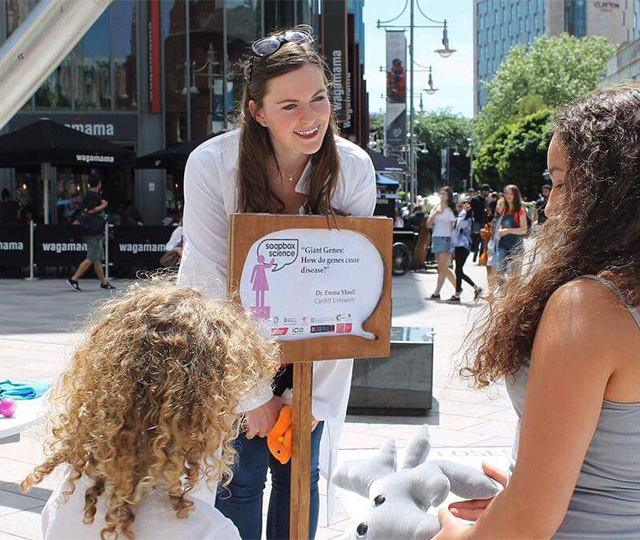

What is most important to you about doing science communication?
The most important thing to me about outreach is that we allow researchers the time, space, and resources to actually do the outreach. All too often this work is seen as “extra” and an afterthought when it isn’t. It is vital and should be embedded so that it’s part of the core business of science research—rather than an add-on or afterthought.
What are some challenges you’ve faced in connecting the worlds of academia and public science education?
Academia wasn’t designed to be inclusive or accessible. Although times are changing, this means that the type of work that I do often contrasts with the foundations and norms of the establishment. But we have to challenge that. Academia was set up to be exclusive and elite. The work I do is aimed at challenging these traditions to make science more inclusive and accessible for everyone. One day, I would love for the work I do to not be seen as different, but to be seen as normal.
Did you have any mentors or role models for this work?
I really admire exceptional science communicators such as my professors Alice Roberts and Hannah Fry. I am also fortunate to have really great mentors from a range of fields and career stages. They help me to see things differently, see situations through a different lens or to consider other ways of looking at things by introducing kind and constructive challenges. I also learn so much from the people that I mentor in a reverse mentoring approach.
Have any advice for fellow scientists and academics on reaching out to public audiences, be they kids, festivalgoers, or members of Parliament?
The main thing about reaching out is having the confidence to do it in the first place. I often think, “What is the worst that can happen?” People might be busy or not have time, but there is great pride to be taken in trying and asking for help or advice when you need it.
Recommended Reading
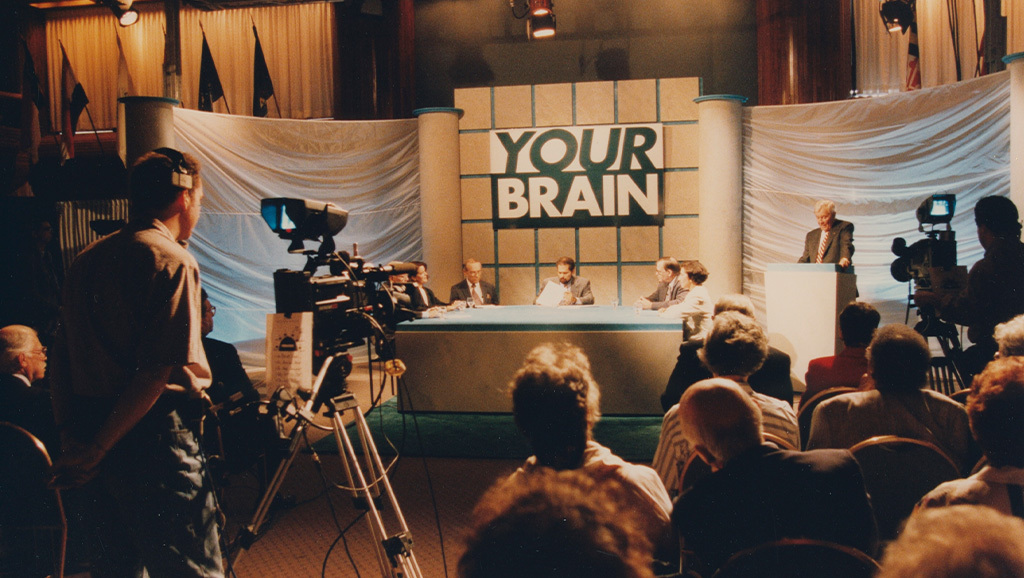
From Broadcast to Belonging: Dana's Public Engagement Evolution
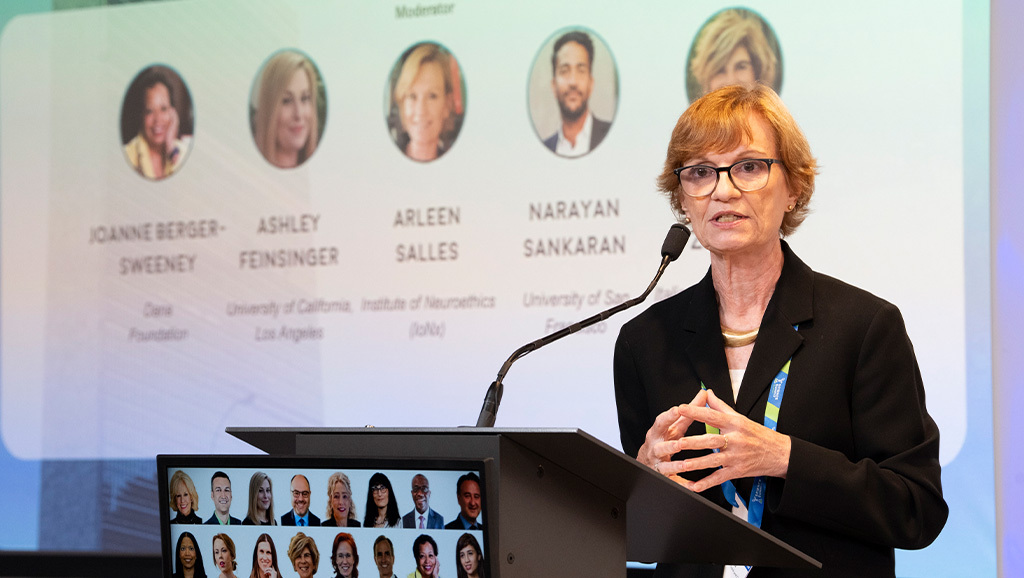
Reciprocity in Neuroscience: Dana Foundation Panel at the UN Science Summit
